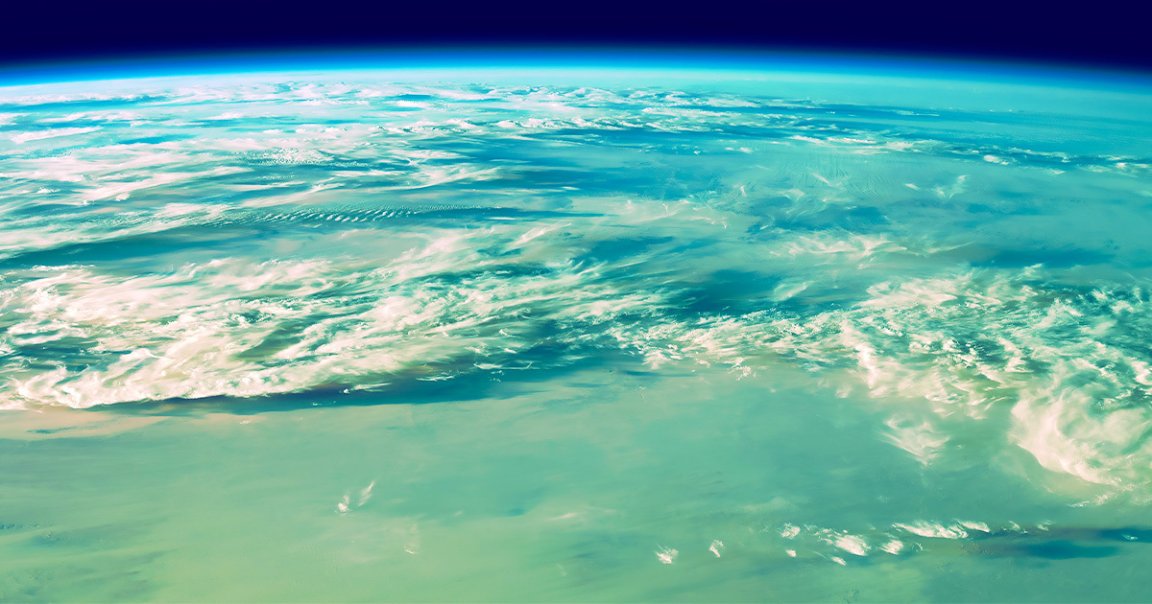
Critics are concerned about plans to dim the Sun — and one of its staunchest and most controversial proponents is criticizing them right back.
In an interview with the New York Times, University of Chicago geophysical scientist David Keith said that those critical of his proposal to dim the Sun and blunt the effects of climate change using sulfur dioxide are overblowing the risks of such schemes.
“There certainly are risks, and there certainly are uncertainties,” the climate scientist said. “But there’s really a lot of evidence that the risks are quantitatively small compared to the benefits, and the uncertainties just aren’t that big.”
In the nascent field of solar geoengineering, the release of sulfur dioxide particulates into the stratosphere has an unusual amount of precedent.
In 1991, for example, a Filipino volcano released a gigantic plume of ash and dust that extended to the edge of space. In the year that followed, Keith noted to the NYT, global temperatures dropped an average of one degree as the sulfuric ash from the volcano reflected some of the Sun’s light away from the ground below.
Despite that natural data point, opponents of solar geoengineering cite everything from ethical quandaries to the potential for backfire — and as Keith and his former colleagues learned the hard way, institutions interested in experimenting with it take those criticisms all too seriously.
Back in 2018, when Keith was a researcher at Harvard, details of a small experiment he was doing that would have released a few pounds of mineral dust over Arizona caught the attention of local Indigenous tribes, who opposed the plan on the grounds that it was a dangerous bandaid for the root causes of climate change. Eventually, youthful climate activist Greta Thunberg joined the chorus of opponents — and Harvard ended up canceling the experiment entirely.
Ironically enough, one of Keith’s other big critics is Frank Keutsch, a chemist and former collaborator on the Harvard experiment who changed his tune in the aftermath of that debacle.
“I compare stratospheric solar geoengineering with opiates,” Keutsch said during a recent debate about the technology. “They only treat the symptom and not the actual cause. You can get addicted to it if you don’t actually address the cause.”
“In addition, like any painkiller, you’re going to have side effects,” the chemist continued. “And then there are withdrawal symptoms, and that’s termination shock.”
While those criticisms are indeed worth considering, Keith’s take that the benefits could outweigh the risks is also salient — and with more and more political pressure from the chemtrail crowd looking to ban all solar geoengineering experiments, we might not have much longer to see what will come of them.
And as for the man himself, his haters seem to be his motivators.
“I’m more motivated even now to push on solar geo because the rationalist case for it is looking stronger,” Keith told the NYT. “While there are still lots of strong individual voices of opposition, there are a lot of people in serious policy positions that are taking it seriously, and that’s really exciting.”
More on climate solutions: Lil Nas X Is Flying Commercial to Avoid the Huge Carbon Footprint of a Private Jet